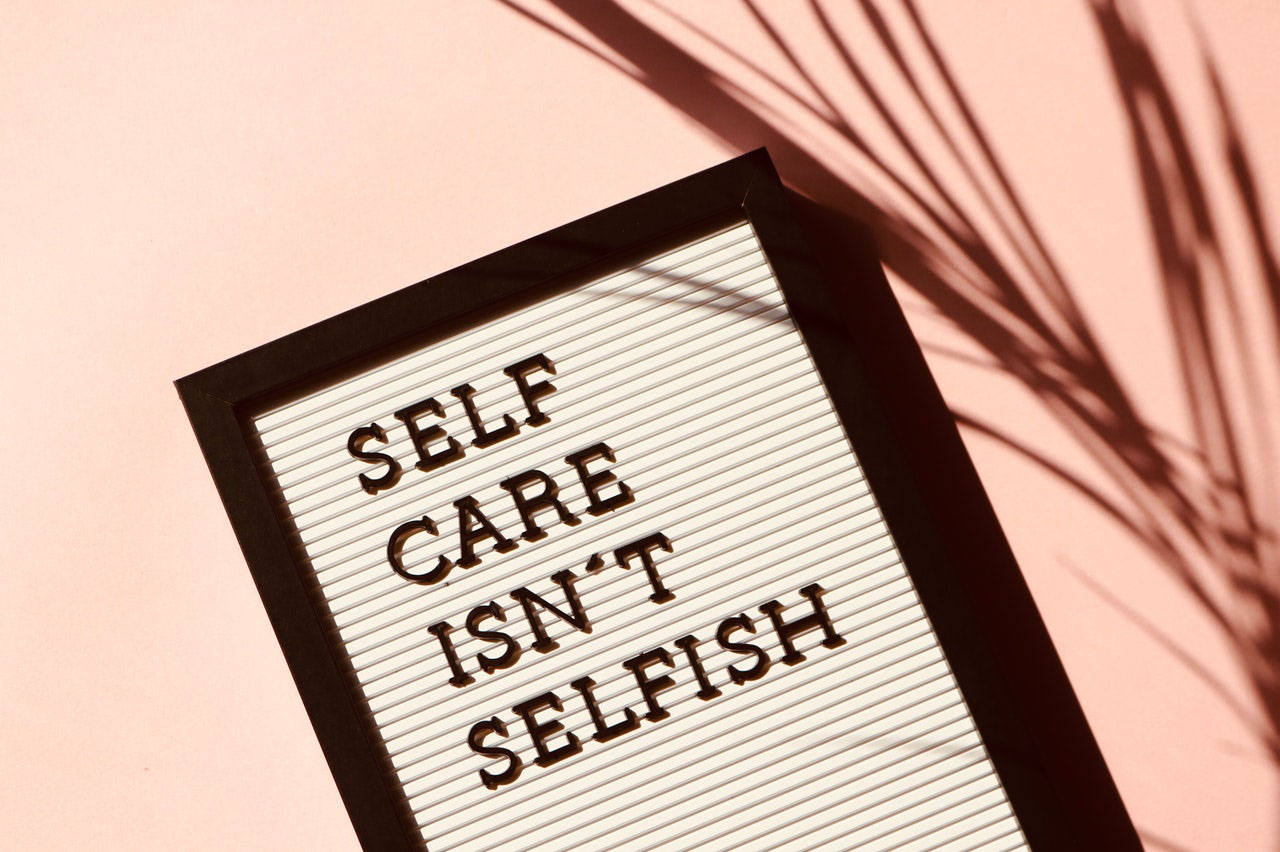Isolation, social distancing and health concerns can take their toll. Carolina psychologist Jon Abramowitz shares his advice for improving your mental health.

Feeling stressed and anxious is completely normal now, says Carolina psychologist Jon Abramowitz. But that doesn’t make it any easier to handle.

Abramowitz, a professor of clinical psychology in Carolina’s College of Arts & Sciences and director of the UNC Anxiety Clinic, talked with The Well about effects that pandemic-related issues — isolation, social distancing, concern for our health and that of our loved ones — can have on our lives.
With the changes in our lives since March and the daily news about COVID-19, how do you think people are responding to everything?
I imagine many people are feeling anxious for one reason or another, perhaps due to the virus or maybe their health. Maybe they’re concerned about their job or their finances, or the health of people that they love. Maybe they’re lonely because of the need to social distance.
Of course, we want to make sure that we don’t let anxiety and loneliness get too far out of hand. It’s normal to have those feelings some of the time. But, if they’re starting to interfere with functioning, if they’re getting in the way of sleeping, for example, or if you’re losing your appetite, these are all signs that it’s becoming excessive.
If one is experiencing such things and not functioning well, what can they do?
If you’re so anxious that you’re not able to function or complete your roles the way you want to with family, your relationships, in your leisure time, then it is important to look into getting help from a mental health professional. Most mental health professionals have moved to doing teletherapy using a platform like Zoom that ensures privacy and confidentiality. You can find mental health providers online; look for someone who does cognitive-behavioral therapy, which is the most effective intervention for anxiety-related problems.
Aside from seeking professional help, the best thing that people can do is to try as much as they can to continue with their normal routine. It’s important to eat healthy, get a good night’s sleep and exercise on a regular basis. And spend down time doing things you enjoy. I’ve seen lots more people out walking these days. You could also use the time to catch up on books and shows that you’ve always wanted to read or watch.
Being in a routine sounds potentially boring; what are ways to make the routine help us?
We build routines around the things that we like to do. Humans are creatures of habit. For example, I play guitar, and I’ve used this as an opportunity to really up my game. I’ve been taking some online lessons and practicing as much as I can. When we develop routines and it helps us feel like we know what’s going to happen next, that helps us minimize our stress and make things easier during this time. If you’re bored, try adding something new to your routine.
What can we do to avoid the negatives of being cooped up with family with few options for risk-free outings?
This is not the time to expect that you’re going to be the most productive person working from home with that added stress. So, go easy on yourself. People are dealing with lots of different situations around eldercare and childcare. So we need to lean into this and give ourselves permission to experience anxiety and just understand that it’s a normal and, in many ways, healthy response to this stressful period of time.
Do you have any special advice for people who live by themselves?
My advice would be to use proper social distancing procedures to see friends and neighbors, and to use platforms like Zoom to create virtual social interaction.
Any other words of advice?
I have a motto. I’m sure lots of folks have heard this. “What doesn’t kill you makes you stronger.” We’re all in this together, and I think we can all learn how to get through something like this together. Being able to be flexible and adapt to changes is something that’s normal and healthy. It doesn’t have to be harmful.
Read more from Ambramowitz in a special edition of Focus Carolina.
By Scott Jared, The Well
